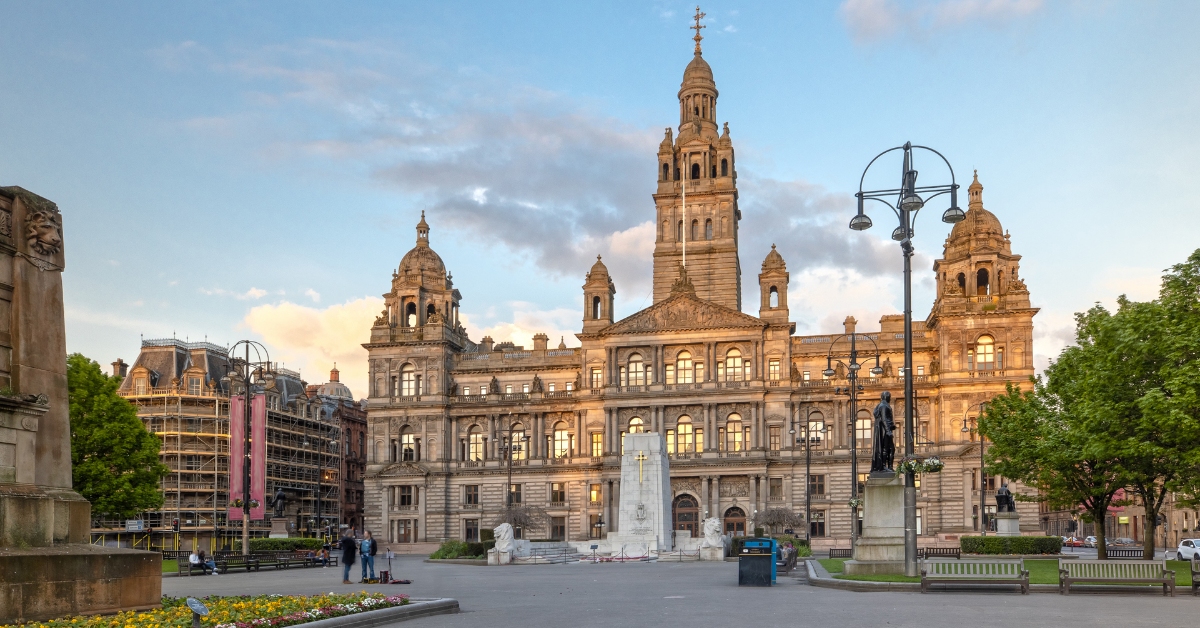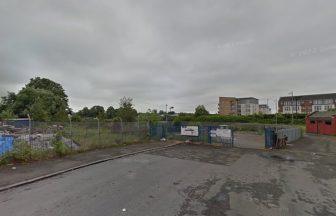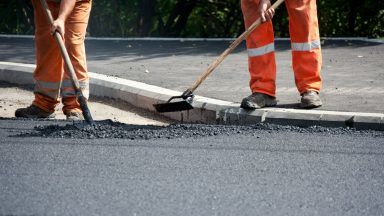Glasgow council leader Susan Aitken has said UK asylum policy is to blame for soaring homelessness costs, as the city faces a possible £66m bill next year.
There is rising demand for housing in Glasgow from refugees, with 44% of all homeless presentations currently from these households.
The city is facing an overspend of £43m in homelessness services this year, according to the council’s latest forecast – and that is expected to soar even higher in 2026/27.
Cllr Aitken said: “This is very challenging, there are people out there who would seek to exploit this and indeed are. We can see it happening in our communities right in front of us.
“It is not asylum seekers and refugees that are the cause of this problem,” she said. “It is around policy and the lack of funding that flows to local government to assist us to deal with the consequences of policies that have been implemented elsewhere, specifically in Westminster.”
At a meeting, councillors agreed to call on both the Scottish and UK Government for more funding and long-term investment in housing to deal with the impact.
Asylum seekers in the UK are provided with accommodation while their claims are processed. If they receive leave to remain, they have 56 days to leave Home Office accommodation and find homes, with many then contacting councils for help.
In Scotland, all unintentionally homeless households are entitled to settled accommodation, whereas councils in England have to provide housing to those in “priority need”, like families with children or vulnerable people.
Households who have been granted leave to remain from other parts of the UK but have chosen to come to Glasgow for assistance are now 12.4% of the city’s annual homelessness demand.
Glasgow declared a housing emergency in November 2023 due to the pressure on homelessness services, which council chiefs said had been “exacerbated” by a Home Office decision to speed up asylum claims.
The council’s finance director, Robert Emmott, said demand is rising faster than “the time it takes us to find permanent homes for people”.
There have been calls for a pause “in both dispersal to Glasgow and the requirement to house applicants from outwith Scotland”, which a council report states could reduce estimated costs to £36m in 2025/26 and then to £13m in 2026/27.
Cllr Jon Molyneux, Glasgow Greens co-leader, said the forecast made for “sober reading” as he supported the call for the UK Government to “step up to the plate” to find solutions and funding.
He added as well as pressing the UK Government, the council could be doing more to “have better accommodation and address some of those structural issues in our homelessness services”.
“We were in frequent breach of unsuitable accommodation orders over a number of years prior to Covid,” Cllr Molyneux said. “I still think as a city we’ve maybe not addressed those structural issues in homelessness sufficiently in advance of having to deal with this additional pressure.”
Susanne Millar, the council’s chief executive, said there are “daily” discussions with the Home Office, which has received “a really clear briefing… in terms of the situation within Glasgow”.
She said around 94% of the asylum seekers in Scotland are accommodated in Glasgow, adding other councils are making “huge efforts” to support people but “in general people make the decision at the point when they get a positive decision to travel to Glasgow”.
The latest forecasts on homelessness are included in the council’s financial outlook for the next two years. Overall, the council could face a spending gap of almost £110m over the next two years.
Follow STV News on WhatsApp
Scan the QR code on your mobile device for all the latest news from around the country


 iStock
iStock
























